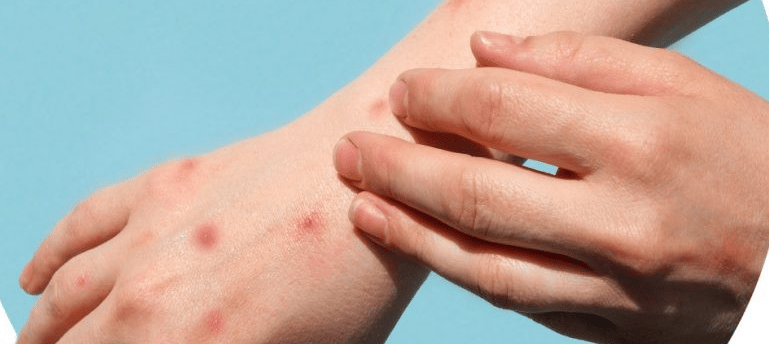Mpox: Understanding the Latest Developments and Global Advisory from WHO
WHO's Global Advisory


Mpox (formerly known as monkeypox) is a viral disease that has garnered global attention due to recent outbreaks and its potential for widespread impact. The World Health Organization (WHO) has been closely monitoring the situation and has issued updates and advisories to mitigate the spread of this zoonotic disease, which can affect both humans and animals.
What is Mpox?
Mpox is caused by the monkeypox virus, a member of the Orthopoxvirus genus, which also includes the variola virus (responsible for smallpox). While mpox is generally less severe than smallpox, it can still lead to serious health issues, particularly in individuals with compromised immune systems, pregnant women, and young children. The virus is transmitted to humans through close contact with an infected person, animal, or contaminated materials.
The disease was first identified in humans in 1970 in the Democratic Republic of the Congo. Since then, sporadic outbreaks have occurred primarily in Central and West Africa, with increasing numbers of cases reported in other parts of the world in recent years.
Recent Outbreaks and WHO’s Latest Findings
In 2022 and 2023, mpox cases were reported in several countries outside of Africa, including the United States, the United Kingdom, and multiple European nations. These outbreaks were notable because they involved person-to-person transmission, which is less common than animal-to-human transmission. According to WHO, the increasing incidence of mpox cases outside of endemic regions has raised concerns about the potential for larger, more sustained outbreaks globally.
Research indicates that the virus can spread through close physical contact, respiratory droplets, and contact with contaminated objects, such as bedding or clothing. In many recent cases, the transmission has been linked to sexual contact, particularly among men who have sex with men (MSM). This has prompted health authorities to focus their outreach and vaccination efforts on high-risk populations.
WHO's Global Advisory and Response
In response to the rising number of mpox cases, WHO has issued several advisories and recommendations aimed at curbing the spread of the virus. The key points of the WHO's latest advisory include:
Vaccination: WHO recommends vaccination for individuals at high risk of exposure, particularly those in close contact with confirmed cases or who are part of high-risk groups, such as healthcare workers and MSM. The smallpox vaccine, which provides cross-protection against mpox, has been found to be effective.
Public Awareness: WHO emphasizes the importance of public awareness campaigns to educate communities about the risks of mpox, modes of transmission, and preventive measures. These campaigns should focus on reducing stigma and ensuring that accurate information reaches those most at risk.
Surveillance and Reporting: WHO urges countries to enhance surveillance systems for early detection of mpox cases and to ensure timely reporting to international health authorities. This is crucial for monitoring the spread of the virus and coordinating global responses.
Isolation and Treatment: Infected individuals should be isolated to prevent further transmission, and supportive treatment should be provided. While there is no specific antiviral treatment for mpox, management of symptoms and complications is essential to reduce morbidity and mortalit.
Examples from Recent Outbreaks
During the 2022 outbreak in the United States, the Centers for Disease Control and Prevention (CDC) reported over 200 confirmed cases across multiple states. The outbreak highlighted the importance of rapid response, with local health departments working closely with WHO and other international bodies to contain the virus. Vaccination campaigns were swiftly implemented, targeting high-risk populations, and public health advisories were issued to guide both the public and healthcare providers.
In the United Kingdom, similar efforts were made to track and control the spread of mpox. The UK Health Security Agency (UKHSA) launched an extensive contact tracing and vaccination campaign, which significantly helped in managing the outbreak.
Global Preparedness and Future Directions
The WHO continues to stress the importance of global preparedness for mpox and other zoonotic diseases. The interconnected nature of today’s world means that outbreaks in one region can quickly spread to others, making coordinated international efforts essential. WHO's recommendations for improving diagnostic capabilities, increasing vaccine accessibility, and fostering global cooperation are critical steps toward preventing future mpox outbreaks.
In conclusion, while mpox remains a concern, particularly with the recent uptick in cases outside of Africa, the ongoing efforts by WHO and national health organizations are crucial in managing the disease. By following the advisories, enhancing surveillance, and focusing on high-risk populations, the global community can work together to mitigate the impact of mpox and protect public health.
